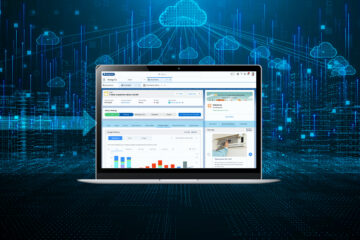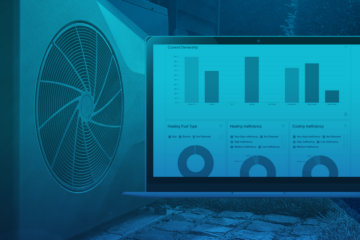Though smart meter infrastructure is most often associated with electric utilities, gas smart meters are also being deployed, and collecting sampling data at the same rate as electric smart meters. Though not yet as pervasive as electric smart meter infrastructure, the prevalence of gas smart meters is increasing and providing new opportunities for gas and dual fuel utilities to learn a great deal more, at a granular appliance level, about their customers’ energy consumption and behavior. These disaggregated insights can then inform and improve programs and planning utility-wide:
- Customer Engagement and Satisfaction – Appliance-level data and more granular feedback enables utilities to build more personalized and future proof programs for their customer base. With insights as to how a customer’s furnace, water heater, cooking range and any other gas appliances are performing, customer engagement can be hyper-personalized and targeted on a one-to-one level. This makes it possible to scale energy efficiency programs — especially home energy reports — and introduce more effective rebate and marketplace programs. Because AMI smart meter data enables continuously evolving opportunities for gas utilities to communicate with customers on a one-to-one basis, overall customer satisfaction also improves.
- Energy Efficiency – Empowering customers with appliance specific insights and recommendations to reduce their energy usage has proven effective in delivering measurable behavioral energy savings among gas customers, especially during peak heating months. Utilities are able to tell their customers exactly how much each customer has spent in heating with high accuracy.
- Brand Loyalty – As local municipalities seek to advance beneficial electrification, many customers are being targeted with offers encouraging them to change their water heating or space heating fuel source and gas utilities are finding themselves competing with electric utilities for customer mindshare. Appliance-level insights enable gas utilities to leverage gains in customer engagement and satisfaction to foster brand loyalty.
- Safety – Appliance-level data enables sophisticated leak detection by identifying critical operational anomalies in the home.
- Revenue Analysis – Given that space heating accounts for more than 80 percent of overall gas consumption, disaggregated space heating data is a very important revenue metric. Having the ability to pinpoint any home that shows the elimination of any space heating signature from year-to-year indicating a likely transition to electric heat, together with precise space heating usage trends across entire populations, provides previously unavailable insights to inform both historic revenue analysis and future forecasting.
Leading gas utilities worldwide are turning to AI-powered smart meter analytics to expand and reshape their customer relationships and proactively harness far-reaching value for utility programs across operational areas. Learn more about how to harness the power of AMI data to benefit your utility by registering to attend Bidgely’s “Unlocking Value for Gas and Dual Fuel Utilities” webinar and downloading our gas utility solution brief.



0 Comments